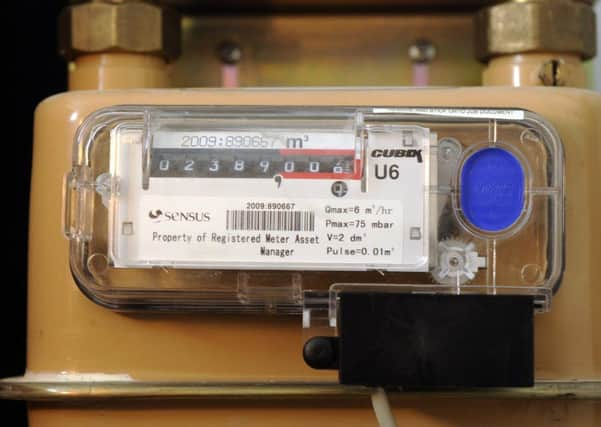John MacNeil: Smart move is way ahead for community renewables


In fact, the opposite is often true – a range of technological, economic and behavioural factors can limit the extent to which communities can exploit renewable energy.
Many rural communities draw the short straw when it comes to energy options, with homes that are often less energy efficient and dependent on more expensive heating fuels. The obvious solution would be to harness wind, solar or hydro sources, but many rural communities face barriers linked to the limitations of the local distribution network infrastructure. In some cases, local electricity networks cannot accept new connections from renewable energy sources. As a result, in the past local renewables have often not be harnessed and local community energy generation projects deemed too expensive.
Advertisement
Hide AdAdvertisement
Hide AdHowever, a solution is at hand in the form of smart technology, including smart meters. A number of areas in Scotland, including Shetland, Orkney and Eigg, have already set up smart community energy projects using the technology to monitor local networks, enabling more community renewable energy projects to come online.
Heat Smart Orkney is one such project, run by the Rousay, Egilsay and Wyre Development Trust alongside Community Energy Scotland. Community-owned wind turbines in Orkney have significant power capacity, but at times of low local electricity use the supply of energy can outstrip demand by a large amount.
Automated equipment is being installed in households to switch on devices such as smart storage heaters and water heaters, that increase local demand for electricity, and displace oil and coal. Participating households in the project will receive a rebate on their increased electricity consumption, funded by increased income to the community turbines. This reduces the cost of their electricity and makes it more competitive with oil heating.
Smart technology can offer an improvement in the security of energy supply, an increase in the use of renewable energy produced locally, and a cut in consumer costs and fuel poverty.
Another important purpose of smart technology is to encourage behaviour change in householders, leading to a reduction in energy use. In rural areas, many projects have tried to incentivise customers to change their energy use through time-of-use tariffs, lower tariffs for locally produced, renewable energy and capping energy use. In all of these projects, smart technology makes it easy for customers to be aware of their energy use and to change their behaviour as a result. And it’s not just residents in rural areas who can benefit from smart technology. Smart meters, being rolled out across the UK, are a stepping stone for the greater integration of renewable energy into our energy supply, across the country.
Smart technology provides a solution to many of the difficulties faced by the renewables industry. On the downside, it does mean Scots can no longer complain about the weather.
• John MacNeil is head of policy and communications in Scotland for Smart Energy GB. Contact your energy supplier today about getting your smart meter installed, at no extra cost.